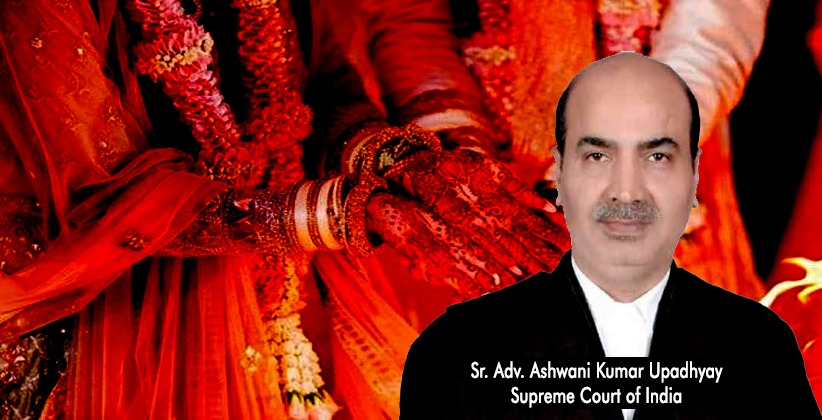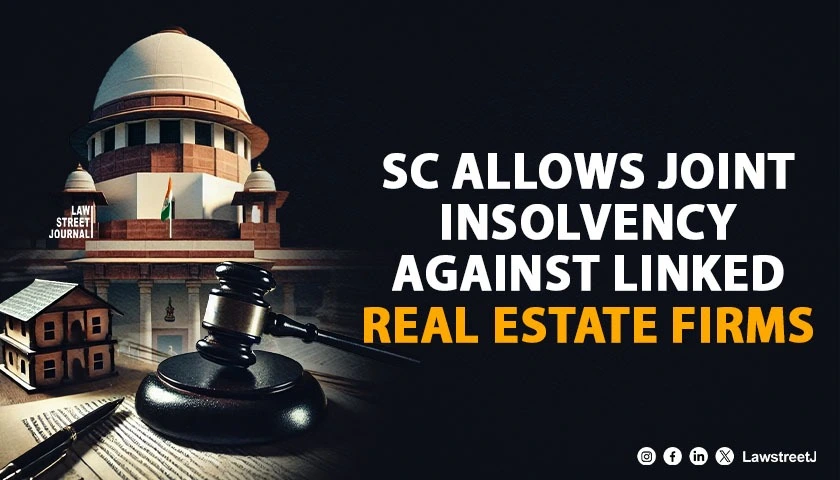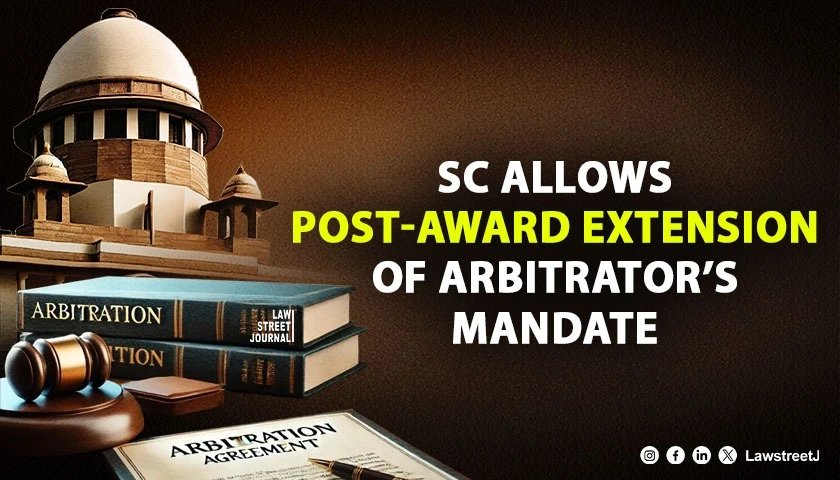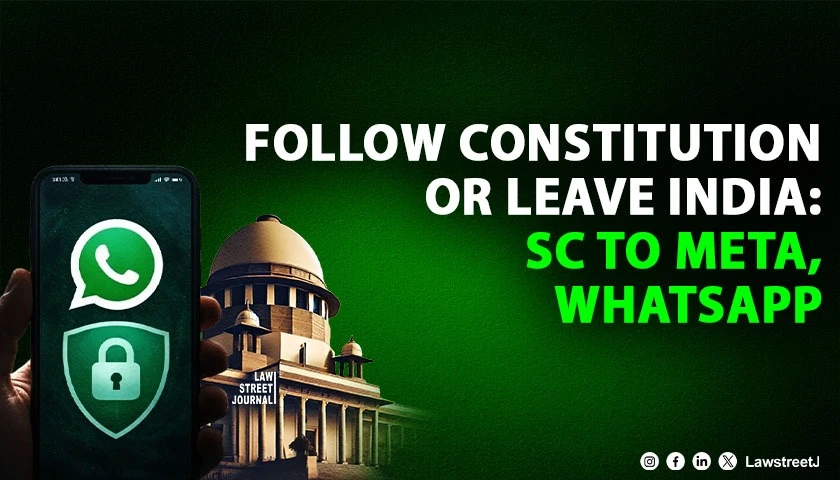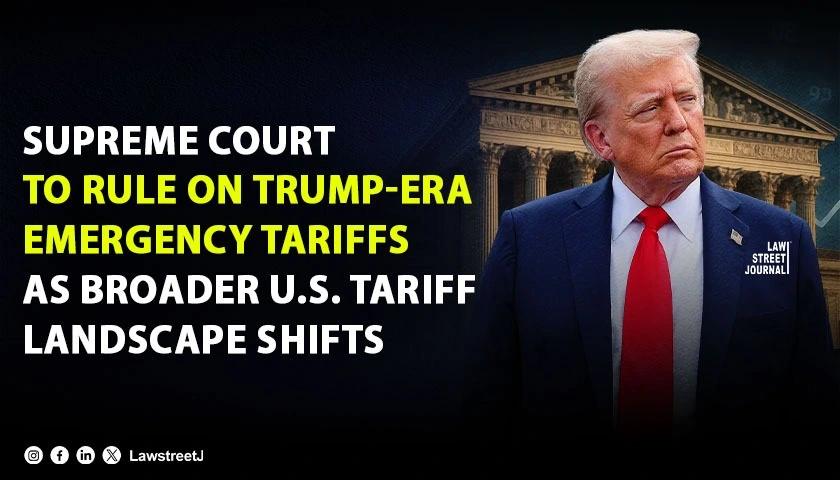A transfer petition filed in the Supreme Court demanding uniform marriageable age of 21 years for men and women claims that the disparity in age of marriage has resulted in aggravating the gender inequality that exists within a marital relationship.
Filed on behalf of Ashwani Kumar Upadhyay, the plea states that it has been filed in order to avoid the multiplicity of litigations and conflicting views on the interpretation of Articles 14, 15 & 21 and judgments involving gender justice & equality. He demands that his petition pending with the Delhi high court is transferred to the Supreme Court along with a similar petition filed by one Abdul Mannan, pending with the Rajasthan high court.
Since the issues raised in the two petitions are similar, Upadhyay invoked the power of the Supreme Court under Article 139A which allows cases involving the same or substantially the same questions of law, pending before two or more high courts, to be transferred to the Supreme Court.
The transfer petition said, While men are permitted to get married at the age of 21, women are married when they are just 18. The distinction is based on patriarchal stereotypes, has no scientific backing, perpetrates de jure and de facto inequality against women, and goes completely against the global trends.
The plea goes on to emphasize the provisions under various legislations which stipulate the age of marriage as being discriminatory:
Section 60(1) of the Indian Christian Marriage Act, 1872; Section 3(1)(c) of the Parsi Marriage and Divorce Act, 1936; Section 4(c) of the Special Marriage Act, 1954; Section 5(iii) of the Hindu Marriage Act, 1955; Section 2(a) of the Prohibition of Child Marriage Act, 2006.
The petition claimed that 125 countries have a uniform minimum age of marriage for boys and girls and by ending the discrimination in age, women will have equal opportunities as men to pursue their education, employment opportunities without being hindered by the family compulsion to get married.
He has also elaborated that India's International Human Rights obligations under the provisions of the Convention on the Elimination of All Forms of Discrimination Against Women ("CEDAW"), which it ratified in 1993, inform the content of Articles 14, 15, and 21 of the Constitution which obliges state parties "take all appropriate measures [t]o modify social and cultural patterns of conduct of men and women, with a view to achieving the elimination of prejudices and customary and all other practices which are based on the idea of the inferiority or the superiority of either of the sexes or on stereotyped roles for men and women."
In this context, the petitioner has stated that any provision that perpetrates or reinforces discriminatory stereotypes against a class of persons is manifestly arbitrary and a fortiori violative of Articles 14, 15, and 21.
"Differential age limit is based solely on stereotypes. The Law Commission has observed that there exists no scientific basis for such distinction and that differential limit "simply contributes to the stereotype that wives must be younger than their husbands". Likewise, the Committee on Elimination of Discrimination against Women has noted that: "Some countries provide for different ages for marriage for men and women. As such provisions assume incorrectly that women have a different rate of intellectual development from men, or that their stage of physical and intellectual development at marriage is immaterial, these provisions should be abolished. In other countries, the betrothal of girls or undertakings by family members on their behalf is permitted. Such measures contravene not only the Convention but also women's right freely to choose her partner."
- Excerpt of Plea by Ashwani Kumar Upadhyay
Upadhyay argued that women in a married relationship are expected to perform a subordinate role vis--vis the husband. This power imbalance is deeply aggravated by the age differential because age itself constitutes a hierarchy of power. A younger spouse is therefore expected to respect and be servile to her elder partner, which aggravates the pre-existing gender-based hierarchy in the marital relationship, his petition stated.
He raised the demand for the uniform minimum age of marriage before the Delhi high court in August last year. On August 19, 2019, the Delhi HC issued notice to the Centre for its response. Around the same time, another petition came to be filed before the Rajasthan HC raising the same issue. The Rajasthan HC issued notice to the Centre on Abdul Mannans plea on February 5, 2020.
Both petitions have said that the marriageable age discrimination is a violation of fundamental rights of equality (Article 14), protection against discrimination (Article 15), and dignity of life (Article 21) and also Indias commitment under the Convention on Elimination of all forms of Discrimination Against Women (CEDAW).

